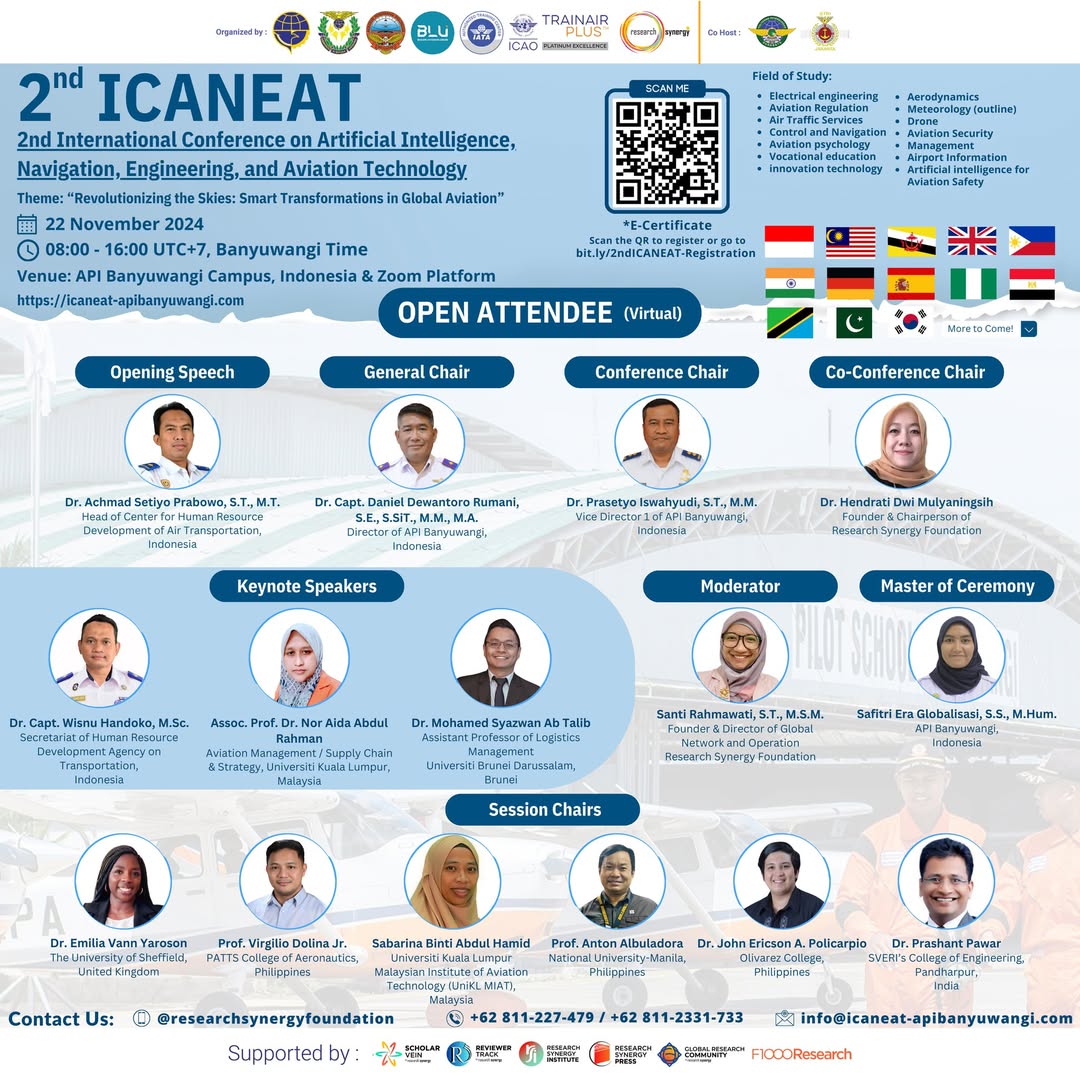Informed Consent Analysis in Medical Emergency Situations in an Ethical and Practical Review
Keywords:
Informed Consent, Medical Ethics, Actions Without Consent.Abstract
Informed consent is a fundamental principle in medical practice that guarantees the patient's right to autonomy over every medical procedure he or she receives. However, in medical emergencies such as loss of consciousness, the risk of urgent death, or the absence of family, the implementation of informed consent is often not feasible according to the ideal procedure. This creates an ethical and practical dilemma for medical personnel between the obligation to save lives and the need to respect the rights of patients. This study aims to analyze how the principle of informed consent is applied in emergency situations, review the ethical justification for taking medical measures without consent, and examine the legal protection of medical personnel in the practice. The research method used is a normative and descriptive qualitative juridical approach through literature studies of legal documents, medical codes of ethics, and bioethical literature. The results of the study show that in an emergency, medical actions without informed consent can be ethically justified through the principles of beneficence and non-maleficence, and are strengthened by legal provisions that provide exceptions in certain conditions. These findings demonstrate the importance of clarity of procedures and documentation in emergency practice to maintain a balance between professional ethics and legal protection. The practical implications of this study are the need for the preparation of adaptive standard operating procedures (SOPs), as well as training of medical personnel in ethical decision-making in critical situations.
References
[1] American Heart Association. (2020). Guidelines for Cardiopulmonary Resuscitation and Emergency Cardiovascular Care
[2] Appelbaum, P.S., Lidz, C.W., & Meisel, A. (1987). Informed Consent: Legal Theory and Clinical Practice. Oxford University Press. WHO. (2016). Guidelines on Ethical Issues in Public Health Surveillance.
[3] Beauchamp, T.L., & Childress, J.F. (2013). Principles of Biomedical Ethics (7th ed.). Oxford University Press
[4] Beauchamp, T.L., & Childress, J.F. (2019). Principles of Biomedical Ethics (8th ed.). Oxford University Press
[5] Beauchamp, T.L., & Childress, J.F. (2019). Principles of Biomedical Ethics (8th ed.). Oxford University Press
[6] Brody, H., & Doukas, D. (2014). Professionalism: A framework to guide medical ethics. Hastings Center Report, 44(5), 18–23.
[7] Ministry of Health of the Republic of Indonesia. (2008). General Guidelines for Informed Consent.
[8] Eyal, N., & Lipsitch, M. (2021). Vulnerability, equity, and the ethics of emergency response. Bioethics, 35(3), 198–205.
[9] Gladdays Naurah, Marice Simarmata, Redyanto Sidi Jambak. (2024). Rights and Privacy of Hospital Patients in the Era of Digitalization. Journal Conservation, 3(12), 4798-4805.
[10] Ghosh, R., & Gupta, P. (2018). “Technology in Emergency Medical Documentation: A New Era of Accountability.” International Journal of Medical Informatics, 116, 34–40.
[11] https://www.wma.net/publications/wma-medical-ethics-manual/
[12] Iserson, K. V., et al. (2008). Ethical principles in emergency medicine. Emergency Medicine Clinics of North America, 26(4), 815–839.
[13] Jonsen, A.R., Siegler, M., & Winslade, W.J. (2015). Clinical Ethics: A Practical Approach to Ethical Decisions in Clinical Medicine (8th ed.). McGraw-Hill.
[14] Ministry of Health of the Republic of Indonesia. (2023). Health Law No. 17 of 2023.
[15] Ministry of Health of the Republic of Indonesia. (2023). Health Law No. 17 of 2023.
[16] Ministry of Health of the Republic of Indonesia. (2020). Guidelines for Handling Medical Emergencies in Health Facilities.
[17] Komal, R., & Singh, A. (2021). "Legal Preparedness in Emergency Medicine: Bridging the Gap Between Ethics and Practice." Journal of Clinical Ethics, 32(2), 102–109
[18] Lo, B. (2021). Resolving Ethical Dilemmas: A Guide for Clinicians (6th ed.). Wolters Kluwer.
[19] Marco, C.A., & Larkin, G.L. (2000). “Informed Consent for Emergency Department Patients with Emergency Medical Conditions.” Annals of Emergency Medicine, 36(4), 408–411
[20] Pratiwi, D. (2024). Ethics and Legal Responsibility in Emergency Medical Services. Journal of Health Bioethics, Vol. 12, No. 1, pp. 45–58.
[21] Pratiwi, D. (2024). Medical Ethics in Handling Emergency Cases. Journal of Bioethics and Health Law, 12(1), 45–58.
[22] Irsyam Risdawati. (2024). Informed Consent in Medical Practice with a Value of Justice Approach. Bekasi: PT Dewangga Energi International.
[23] Sulmasy, D.P., & Sugarman, J. (2010). “The Many Methods of Medical Ethics (or, Thirteen Ways of Looking at a Blackbird).” Theoretical Medicine and Bioethics, 31(6), 403–430
[24] Law Number 17 of 2023 concerning Health, especially Article 52 paragraphs (1) and (2).
[25] Law Number 17 of 2023 concerning Health, especially Article 52 paragraphs (1) and (2).
[26] Law of the Republic of Indonesia Number 17 of 2023 concerning Health, Article 64.
[27] Law of the Republic of Indonesia Number 17 of 2023 concerning Health, Article 64 paragraph (3).
[28] Wibowo, B. (2023). Juridical Aspects of Informed Consent in Emergency Medicine in Indonesia. Indonesian Journal of Health Law, Vol. 10, No. 2, pp. 112–124.
[29] Wilkinson, D., Savulescu, J., & Kerridge, I. (2022). Medical Ethics and Law: A Curriculum for the 21st Century. Oxford University Press
[30] Wilkinson, D., Savulescu, J., & Kerridge, I. (2022). Medical Ethics and Law: A Curriculum for the 21st Century. Oxford University Press.
Downloads
Published
Issue
Section
License
Copyright (c) 2025 Dewi Fibrini, Marice Simarmata (Author)

This work is licensed under a Creative Commons Attribution-ShareAlike 4.0 International License.









